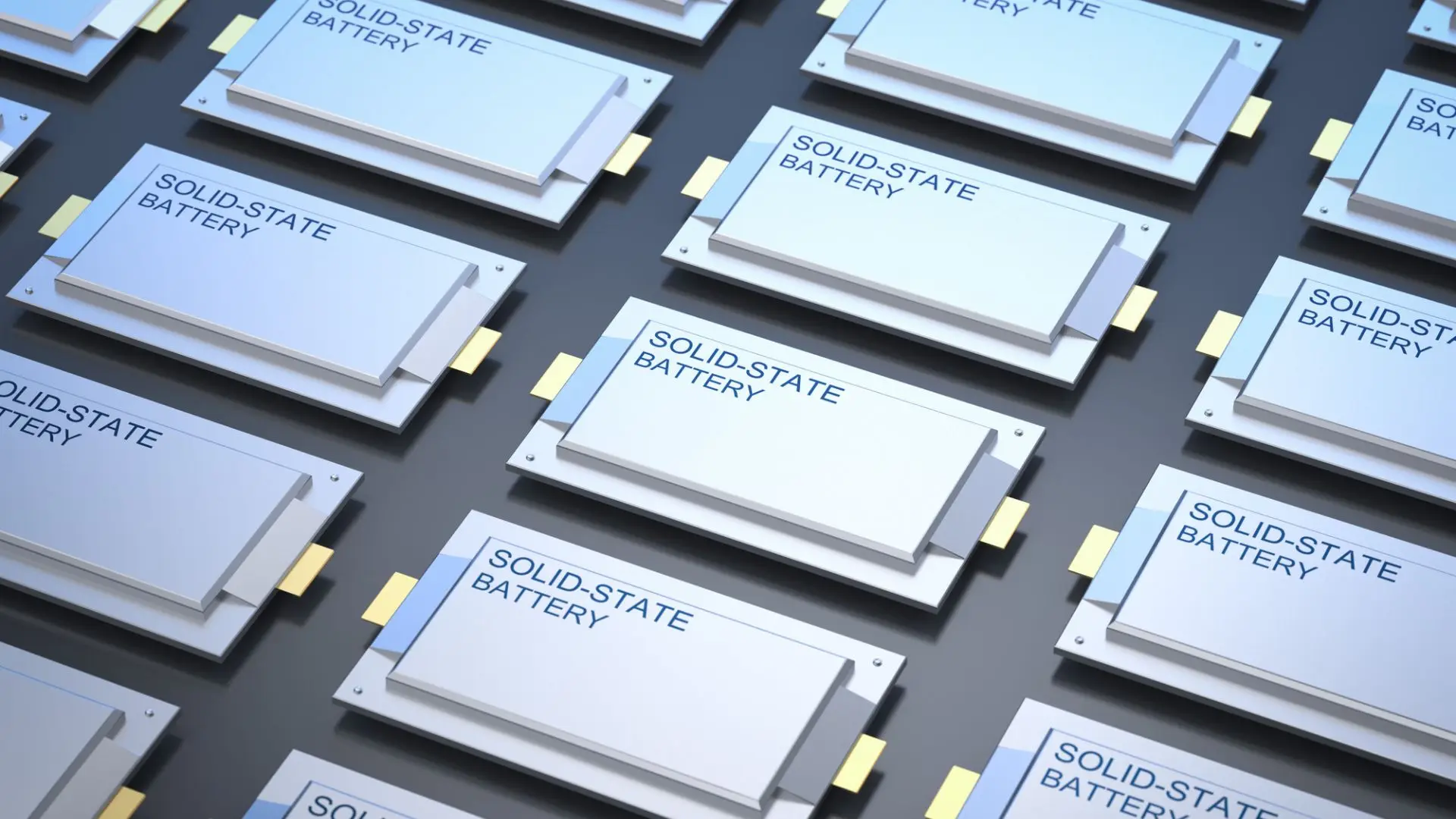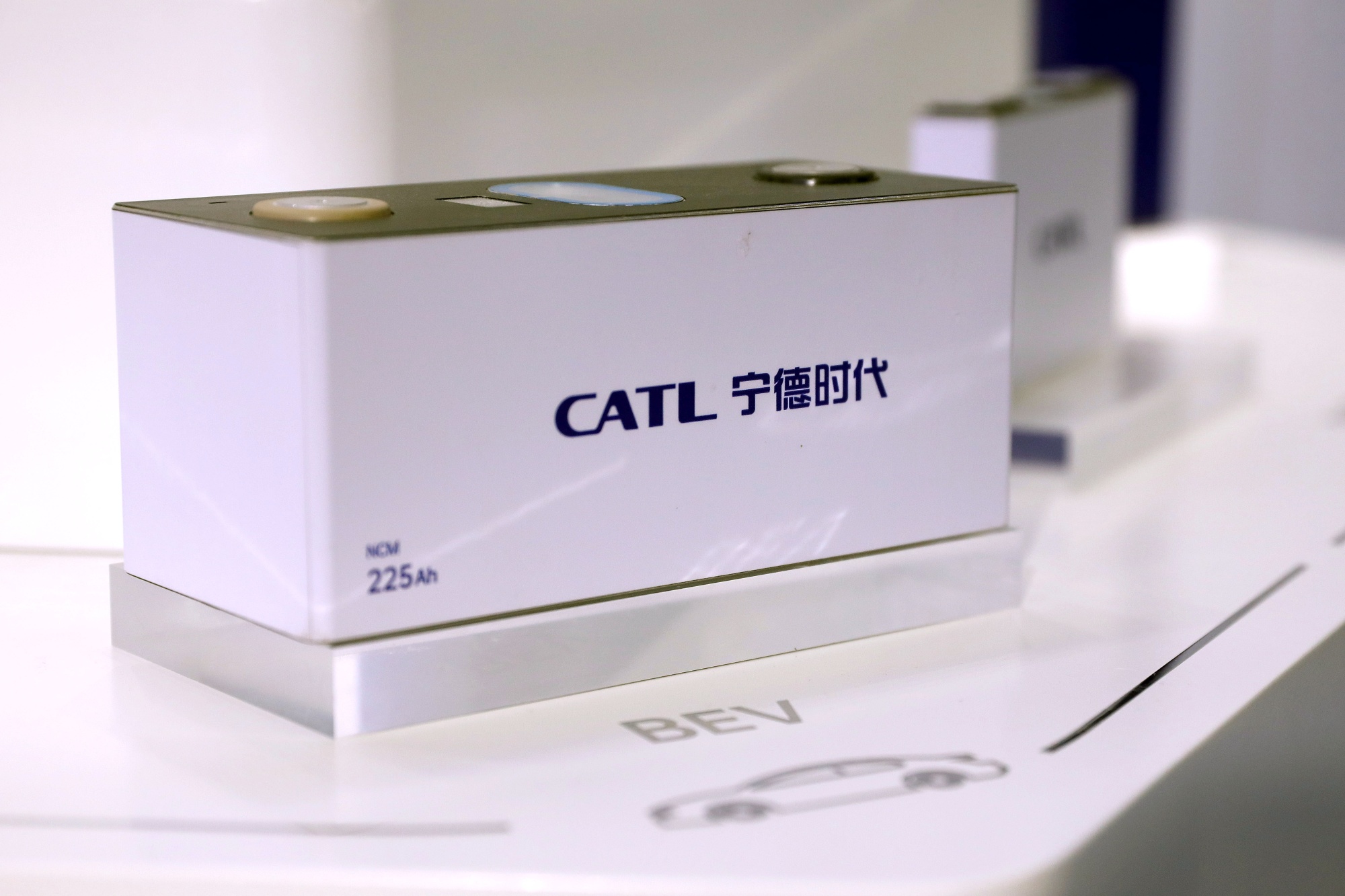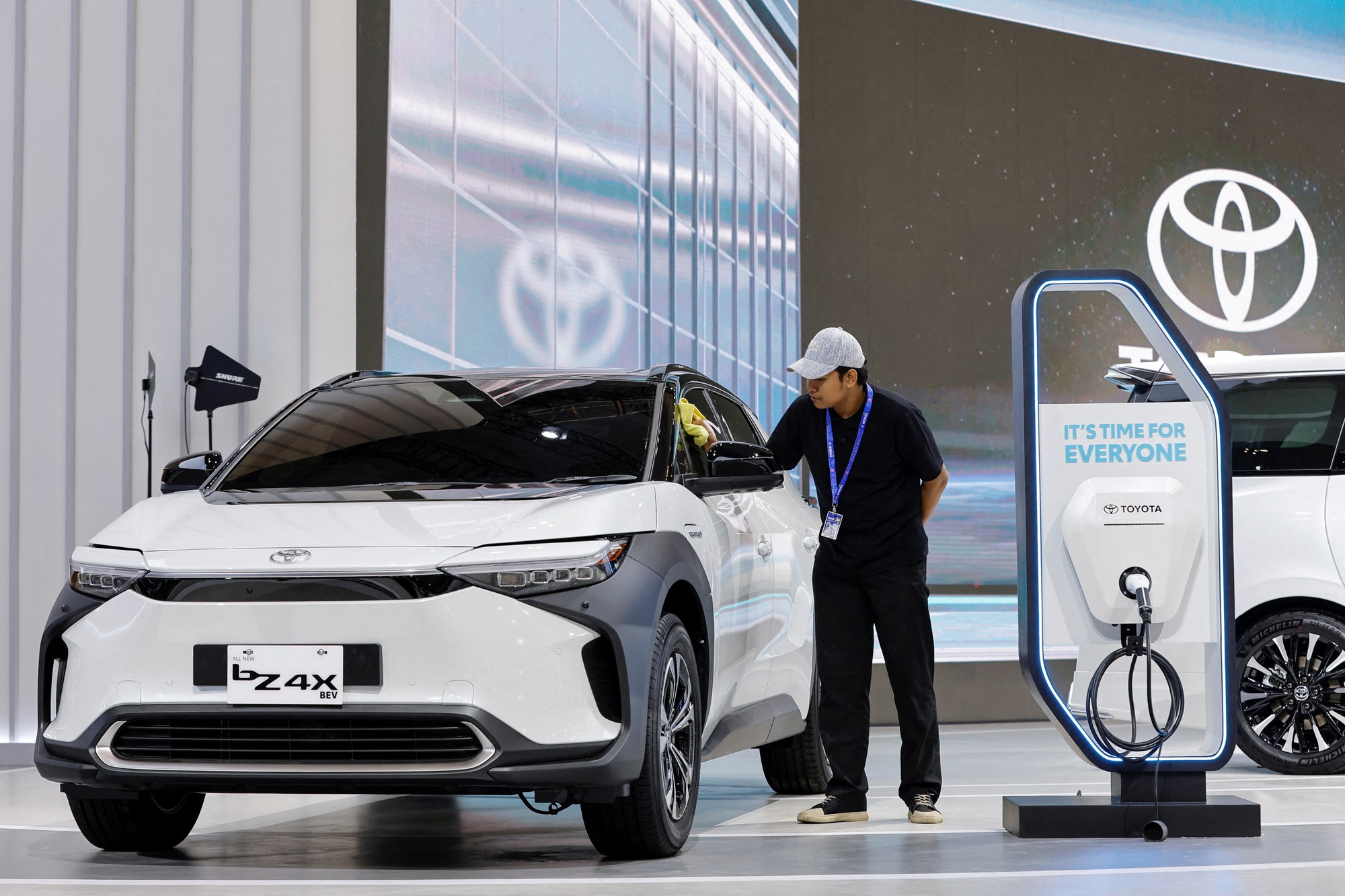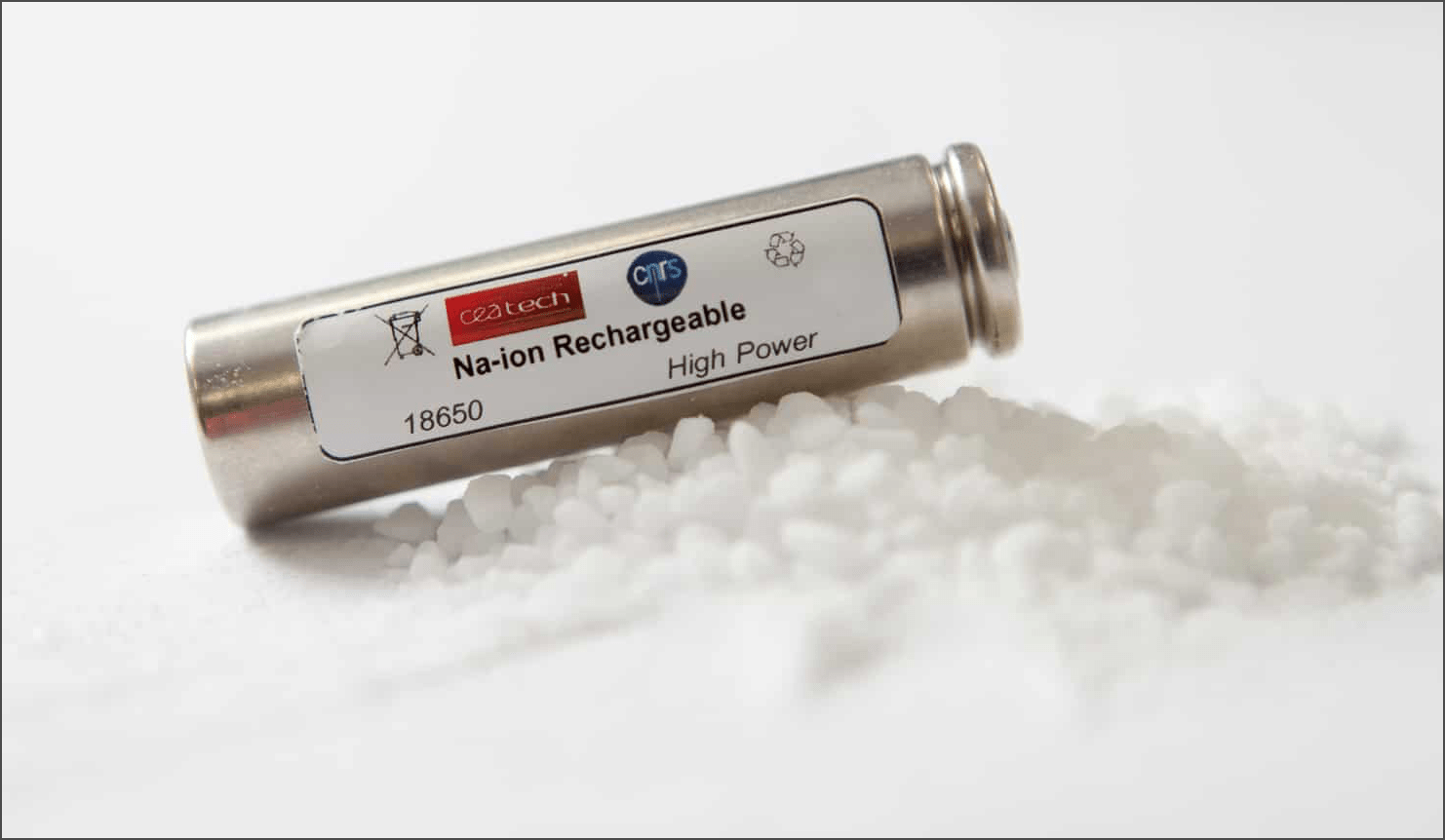As the electric vehicle space gathers steam, many automakers and technology companies are investing heavily in developing new battery technology, namely solid-state batteries. Touted as the next technological leap that could potentially kill the internal combustion engine, solid-state batteries offer advantages over current battery technology.
However, Zeng Yuqun, founder and CEO of the world’s largest electric vehicle battery maker, CATL, believes that the technology is not yet good enough, not durable enough and dangerous.

Zeng Yuqun, CEO of CATL. Photo: Stefan Wermuth / Bloomberg, Getty Images
Despite industry experts predicting that solid-state batteries could revolutionize the EV landscape by enabling zero-emission vehicles to travel longer distances, the question remains whether any company has managed to bring the technology to, or even close to, mass production.
This is a question Zeng Yuqun himself has pondered. “We fully support solid-state batteries, but I have already invested in it for 10 years,” he said, adding that he has been following the progress of the technology every month, observing the global development of the technology and often being surprised by the advancements made.

Solid-state batteries are seen as a game-changer for the electric vehicle industry.
Solid-state batteries use a solid electrolyte instead of the liquid or gel electrolyte found in most batteries today. Additionally, the construction of a solid-state battery consists of four main components: the anode, the cathode, the solid electrolyte, and a separator.
Solid-state batteries have gained significant attention due to the technology’s promising advantages over liquid-electrolyte batteries. Firstly, solid-state batteries can achieve higher energy density, meaning they can store more energy for the same weight. Secondly, solid-state batteries can virtually eliminate the risk of fire or explosion, which could lead to the removal of protective devices, resulting in a lighter vehicle.

Solid-state batteries can deliver higher energy density, allowing vehicles to travel further distances.
Toyota stands out as one of the companies most dedicated to solid-state batteries. According to a Nikkei Asia report published in mid-2022, Toyota holds the most solid-state battery patents globally, with 1,331. Panasonic follows Toyota with 445 patents, and Idemitsu Kosan with 272 patents.
Furthermore, Toyota unveiled its proprietary solid-state battery technology in July 2023, capable of delivering an estimated 1,000km range on a single charge, along with ultra-fast charging capabilities – from 10% to 80% in just 10 minutes. While Toyota has not disclosed further details, it is evident that this battery technology is far superior to current commercial batteries.
In a separate announcement, Toyota indicated that it aims to begin mass production of solid-state batteries around 2027 or 2028. The plan is for hybrid vehicles to be the first to adopt this technology.

Toyota reportedly holds the most patents related to solid-state batteries globally. Photo: WILLY KURNIAWAN / Reuters
However, Zeng Yuqun believes that solid-state batteries can only deliver significant benefits if they use the right chemistry, with pure lithium metal as the anode, which makes the technology difficult to mass produce.
The CATL CEO explained that while lithium ions can move easily in a liquid electrolyte, the same is not true for a solid-state electrolyte. Current research attempts to overcome this hurdle by applying high pressure to the solid-state electrolyte.
Zeng Yuqun described the process: “Then they test it and say, wow, it’s very good, the ion runs very well. But in reality, how do you put [the electrolyte] under such high pressure?”
The second issue that Zeng Yuqun raised is the expansion of lithium during the charging and discharging process. This is detrimental to the battery, resulting in a very short lifespan for solid-state batteries. “It [the solid-state battery] can’t last long, maybe about 10 cycles. How can it be mass-produced?” he said.
Lastly, Zeng Yuqun brought up the safety concerns. He warned that lithium could react with moisture in the air if the battery were to leak, such as in the event of a vehicle accident.
The CATL CEO shared: “Everyone is pushing for it, but I told them that CATL has already spent 10 years on it”; adding that he believes CATL is in “second place, with no one in first” in the race to mass produce solid-state batteries.

CATL is exploring the potential of using sodium for EV batteries.
Nevertheless, he revealed two other technologies that CATL is heavily researching, which could be more viable than solid-state batteries. These are sodium-ion batteries and semi-solid batteries.
CATL has been researching semi-solid batteries since around 2021. Currently, the world’s leading EV battery manufacturer has produced semi-solid battery prototypes that can hold twice the energy of current batteries.
Sodium-ion batteries are not entirely new. The automotive group Stellantis has mentioned the sodium-based battery chemistry as part of its efforts to reduce the weight of battery packs. However, these are still early-stage developments with uncertain timelines for commercialization.












